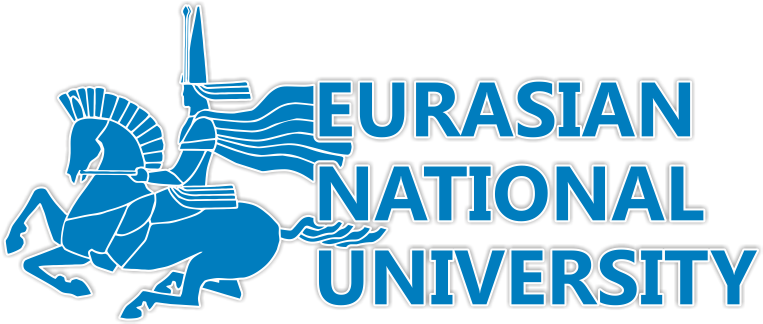Presentation of achievements of the department and review of specialties
6B01510 - Training of physics teachers
6B05323 - Technical Physics
7M01510 - Training of physics teachers
7M05323 - Technical Physics
8D05323 - Technical Physics
The Department of Technical Physics, one of the departments of the Faculty of Physics and Technology, is a recognized educational and scientific center for the training of highly qualified specialists in the field of engineering and technology.
The department was established on September 1, 2005-2006 academic year on the basis of the department of physics.
The department has three doctors of science, professors; 5 candidates of sciences, acting professor; 13 candidates of science and PhDs; 4 masters.
Among the teachers of the department 5 teachers are the owners of the state grant "The best teacher of the university." A number of teachers were awarded orders and medals of the Republic of Kazakhstan, letters of thanks and diplomas of the Ministry of Education and Science of the Republic of Kazakhstan and the Rector of the Eurasian National University. L.N.Gumilev.
Many teachers are holders of scholarships, various grants, awards, winners of various competitions, etc.
In the spring of 2013, the department successfully passed the certification of MES RK.
In December 2014, the specialties 5В072300- “Technical Physics”, 6M072300- “Technical Physics” passed the specialized accreditation.
The Department of "Technical Physics" trains students in the following three trajectories of training:
1. Alternative and renewable energy.
2. Functional materials and nanomaterials.
3. Methods of non-destructive product quality control.
ALTERNATIVE AND RENEWABLE ENERGY
Currently in Kazakhstan special attention is paid to the problem of the development of solar energy. Our Republic is one of 5 states in the world that have established the entire production cycle: from the extraction of raw materials – quartz to the creation of ready-made solar modules, and on their basis - solar stations. “Hydrogen energy” in Kazakhstan is just beginning to be introduced. The main raw material for renewable energy is water, the reserves of which are very large.
Students will learn about solar and hydrogen energy; they will be aware of the physical processes occurring in solar cells, the technology for their production and the prospects for their use; on technologies for producing hydrogen and hydrogen-containing fuels for hydrogen energy, on the principles of operation of fuel cells - the basis of hydrogen energy installations. In scientific laboratories of the department there are laboratory facilities of international level. Graduates who have mastered the technology of obtaining solar cells and on their basis the assembly of solar modules and stations can work on existing solar stations. There are already a few dozen of them in Kazakhstan. Specialists who have mastered the principle of operation of hydrogen power plants will be the first specialists in Kazakhstan in hydrogen energy.
FUNCTIONAL MATERIALS AND NANOMATERIALS
Functional or polyfunctional materials - the result of scientific developments of the last decade. They open up new opportunities for the development of information technology, energy, medicine, chemical and metallurgical industries. The state priority of many states is the development of nanotechnology. A key element of nanotechnology is nanomaterials - materials whose functional properties are determined by nanostructure. The study of the physicochemical properties of nanomaterials opens up new possibilities for practical applications in the above-mentioned industries.
Students will learn how to synthesize nanoclusters, classify nanostructures; they will know about nanoscale systems (quantum dots, nanotubes, thin films and heterostructures), electronic, optical, and magnetic properties of substances in a nanocrystalline state in comparison with the properties of bulk materials; master the methods of studying nanostructures (electron, atomic-force and tunneling microscopy, spectroscopic methods of studying the functional properties of materials).
METHODS OF NON-DESTRUCTIVE PRODUCT QUALITY CONTROL
They are widely used to determine whether the quality of manufactured industrial and agricultural products is in compliance with the State Standard.
Students who choose this training trajectory will learn spectroscopic and acoustic non-destructive methods of product quality control: X-ray structural and X-ray topographic, infrared spectroscopy and Raman scattering, absorption, thermo-activation and EPR spectroscopy, mass spectroscopic and chromatic, acoustic. Students will be able to determine structural and foreign changes in metal and other solid-state products, changes in the qualitative composition of liquid and gas products, the quality of any agricultural products, drugs, all types of fuel (gasoline, diesel, kerosene), optical transparency used in the production of various glass products, aging and degradation of industrial metal products (oil and gas pipes, aluminum and metal structures).
Graduates will work in agricultural operations, pharmacological production, in factories and plants, customs, SES, etc. as process engineers who monitor the quality of goods and products.
